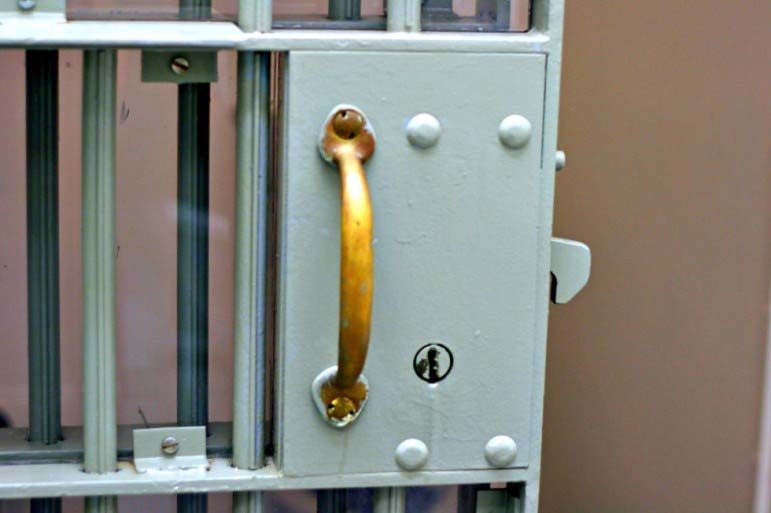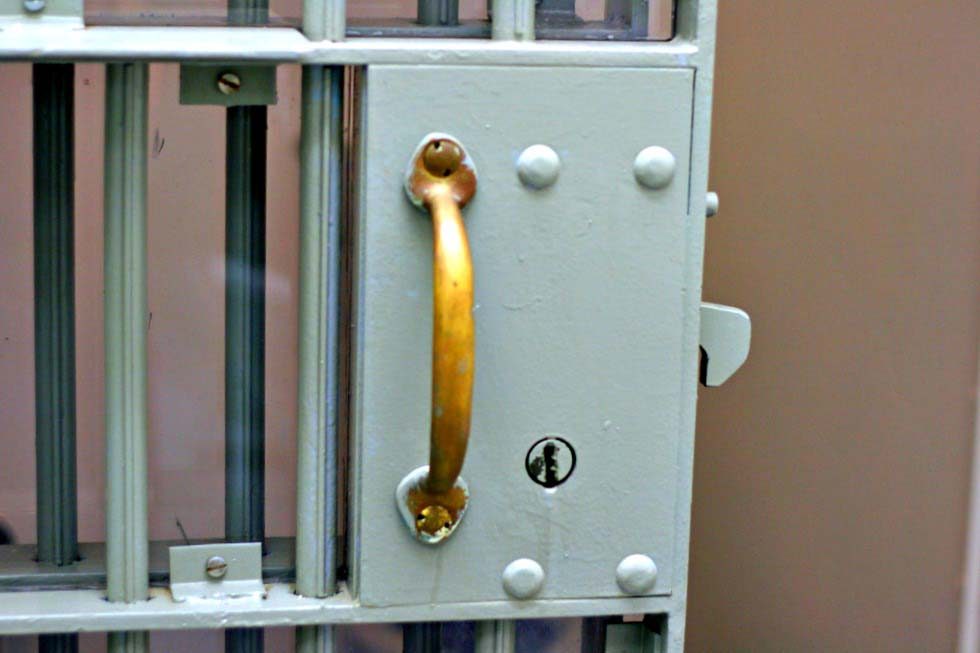
Building on past efforts that have raised millions of riyals and kept dozens of residents out of jail in recent years, several local charities and the government have launched a new campaign to help individuals in hot water over unpaid debts.
The Qatar Authority for Charity Work (QACW), a government body that regulates and oversees charities, held the inaugural meeting of the new effort with several other organizations yesterday.
The six-month campaign, which also includes the Sheikh Thani Bin Abdullah Foundation for Humanitarian Services (RAF), Qatar Charity and the Sheikh Eid Charity Association, marks the first time that the government and multiple charities have collaborated on this cause.

The campaign is aimed at helping both Qatari nationals and expats who lack the means to pay off their debts. Priority cases will be those serving jail time or facing criminal charges, as well as women and families.
Like many other Gulf states, Qatar’s judicial system comes down hard on those who fail to pay their debts, imposing stiff penalties for fraud and for failing to repay loans. Expats often face the added sanction of being deported after serving their sentence.
The punishment for just one bounced check ranges from a jail term of three months to three years, and/or a fine of around QR3,000 ($824) – cases that take up a considerable amount of court time in Qatar.
Charitable campaigns
The charities involved in the new effort have helped residents in debt with individual campaigns over the past few years. While some exclusively targeted Qatari nationals, others also helped expats as well.
Many of these campaigns are renewed and expanded during Ramadan, a time of heightened charity and altruism.

Since 2011, RAF stated that it managed to collect around QR30 million ($8,239,157) in donations. That was used to pay off the debts of 120 Qataris, including 70 who were either in prison or were facing possible jail time. They also succeeded in convincing lenders to forgive some of the money they were owed.
Earlier this week, before the joint campaign was launched, the charity collected more than QR6 million ($1,647,848) in donations in just a couple of hours during a local radio show hosted by RAF during Ramadan.
The money was enough to pay off the debt of eleven Qataris in legal trouble over their debts, according to RAF’s website.
While the identities of the debtors remain confidential, certain details – such as their age as well as the size and circumstances of their debt – are are often released so people can donate to their case of choice.
Qatar Charity for example posted information on its website on case number “13180” who has been out of work since 2011, has a family and could go to jail if he fails to pay off the debt.
By Wednesday afternoon, the case had collected QR95,100 ($26,118) in donations, but he needs more to pay off his debt of QR128,260 ($35,225).
Individuals receiving help must meet certain conditions. That includes being a first-time offender as well as providing proof of their inability to pay off their debt, which must have arisen due to “legitimate” reasons. Someone who incurred gambling losses, for example, would be ineligible.
Those who wish to make a donation can do so through the websites of the respective charities.
Debt in context
In addition to raising money, the newly launched campaign will also examine why people fall into debt and what can be done to prevent it from happening in the future.

It’s also a theme that was recently discussed by Muslim clerics in Qatar, who advised worshippers during Friday prayers last month not to take out bank loans to fund extravagant vacations as it could cause them to fall into crushing debt.
However, an RAF spokesperson told Doha News that most of the cases it sees are either young Qatari nationals with failed business ventures or expats struggling to keep up with car loans, school fees and constantly increasing rents.
The 2011 National Development Strategy found that three out of every four Qatari households are in debt, owing an average of QR250,000.
In 2012, the country’s courts were registering an average of 46 cases of bounced cheques daily, down from an average of 64 a year earlier.
Qatar’s neighbors face similar challenges. In 2013, the UAE registered a record number of bounced cheques cases – almost 80,000, amounting to an overall bad debt of QR9.4 billion.
Thoughts?







